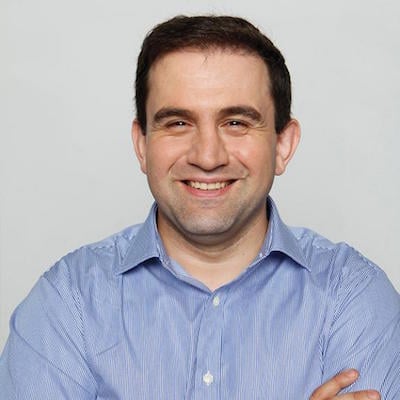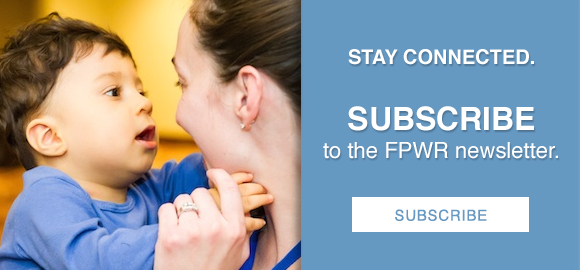 FPWR–funded researcher Dr. David Godler, of Murdoch Children’s Research Institute and University of Melbourne in Australia, was recently awarded nearly $500,000 AUD from the Turnbull Government’s Medical Research Future Fund (MRFF). The award funds a four-year project to further his work investigating the significance of mosaicism to intellectual disability in pediatric disorders. Dr. Godler's work and that of other grantees is described in this news release.
FPWR–funded researcher Dr. David Godler, of Murdoch Children’s Research Institute and University of Melbourne in Australia, was recently awarded nearly $500,000 AUD from the Turnbull Government’s Medical Research Future Fund (MRFF). The award funds a four-year project to further his work investigating the significance of mosaicism to intellectual disability in pediatric disorders. Dr. Godler's work and that of other grantees is described in this news release.
Dr. Godler's Work on Intellectual Disability and PWS
FPWR first supported Dr. Godler’s lab with a 2015 grant exploring the feasibility of a PWS newborn screening, to allow detection of PWS immediately after birth. Dr. Godler is using cutting edge technology to develop a cost-effective test. While using this technology to examine blood samples from individuals with PWS by UPD, Dr. Godler found evidence that some individuals with PWS have mosaicism, meaning they harbor a small number of cells that actually have three chromosome 15s (trisomy 15). FPWR is further supporting Dr. Godler’s work with a 2017 grant exploring how this mosaicism in PWS by UPD may impact the severity of PWS symptoms.
With the recent award from the MRFF, Dr. Godler is working to improve outcomes for children and their families with PWS and other disorders associated with intellectual disability. Through earlier diagnosis and intervention, FPWR hopes we can diagnose more families at birth, rather than weeks, months and even years later.
FPWR Provides Seed Funding
FPWR plays an important and unique role in the PWS research space providing ‘seed’ funding that allows investigators to conduct innovative work. FPWR funding often helps investigators develop new lines of research and obtain the preliminary results needed to compete for larger, multi-year grants from the NIH in the United States, and similar organizations in other countries. Using this funding strategy, FPWR–funded researchers have secured more than $6M in additional funding from outside the PWS community.








